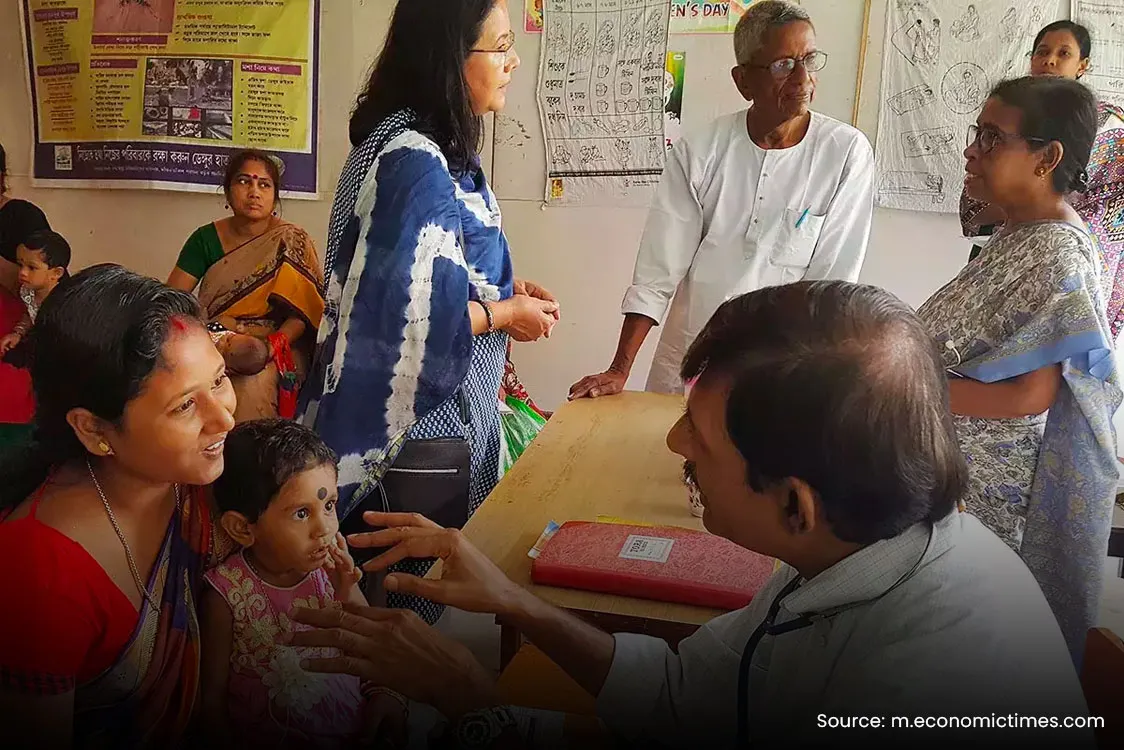The government has issued a notice and instructed states and Union territories to prepare for any situation due to an increase in COVID-19 instances in various nations, notably China and South Korea. To determine whether the nation is ready to handle a new spike in cases, Prime Minister Narendra Modi and Health Minister Mandaviya met.
The next 40 days will be significant because, according to official sources who cited the history of prior outbreaks on Wednesday, India will experience a spike in COVID-19 cases in January.
“In the past, it has been noted that a fresh COVID-19 wave will arrive in India about 30-35 days after it does in East Asia. This has become common,” officials said. However, according to officials within the Health Ministry, the virus is only somewhat severe. They emphasized that death and hospitalisations will be minimal, even if there is a wave.
According to the sources, out of the 6,000 international travelers tested for COVID-19 upon arrival in the last two days, 39 were determined to be positive. According to reports, Mansukh Mandaviya, the union minister of health, will visit Delhi’s airport to assess its testing and screening capabilities.
Starting on Saturday, 2% of passengers arriving on each overseas flight must submit to random coronavirus testing.
The sources claimed that from the following week, international travelers arriving from China, Japan, South Korea, Hong Kong, Bangkok, and Singapore might be required to fill out “air suvidha” forms and submit them to RT-PCR testing performed 72 hours prior.
The government has issued a notice and instructed states and Union territories to prepare for any situation due to an increase in COVID-19 instances in various nations, notably China and South Korea. To determine whether the nation is ready to handle a new spike in cases, Prime Minister Narendra Modi and Health Minister Mandaviya met.
On Tuesday, conducted mock exercises at medical facilities all over India to assess operational readiness to handle any spike in COVID-19 infection. According to Union Health Minister Mansukh Mandaviya, the nation must be vigilant and prepared since cases are increasing globally. The Omicron sub-variant BF.7 is behind the most recent increase in cases.
According to official sources, the transmissibility of this BF.7 sub-variant is extremely high. An individual who has the sub-variant can infect up to 16 other people.





